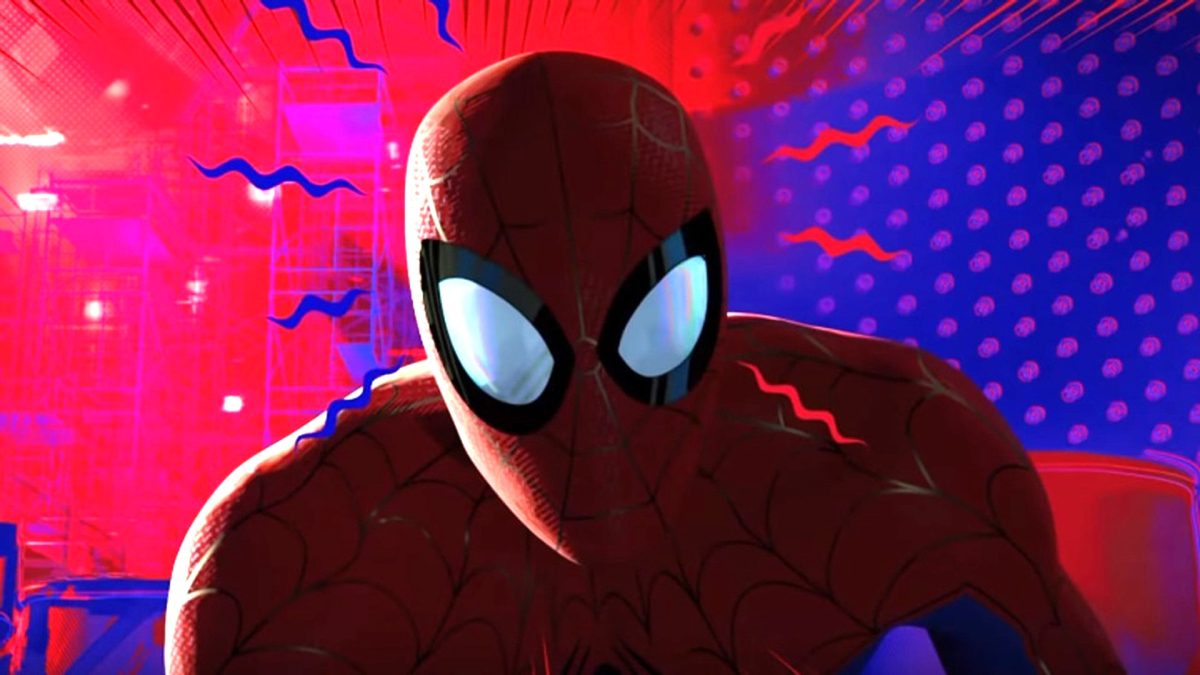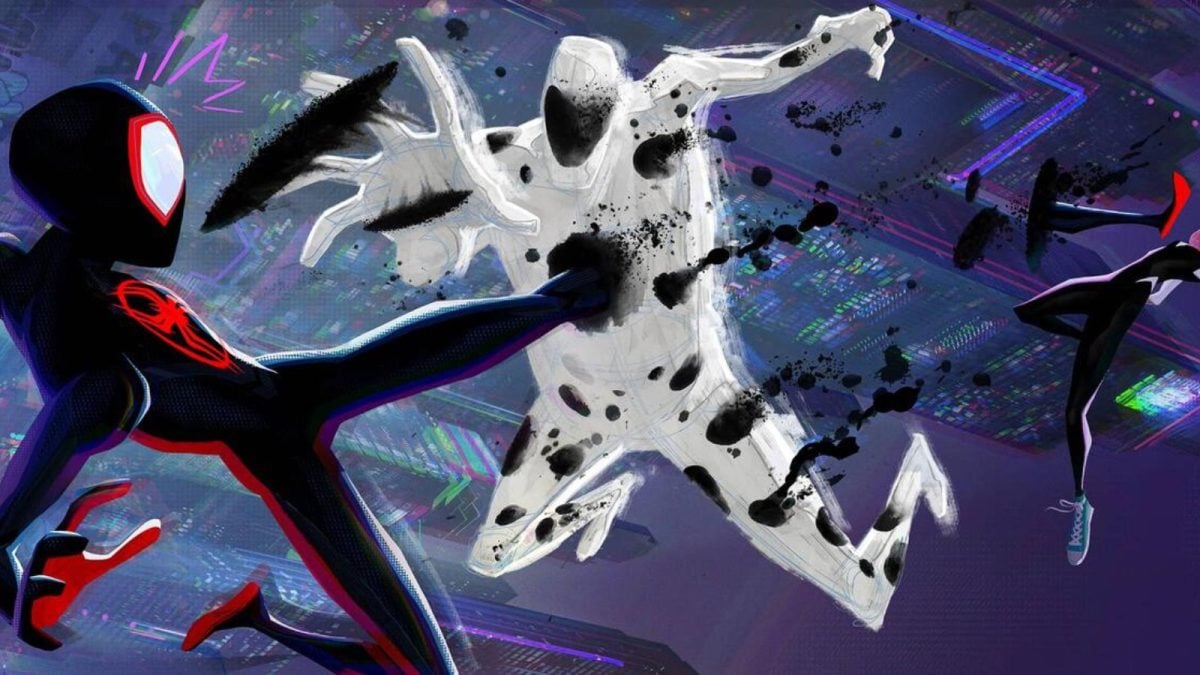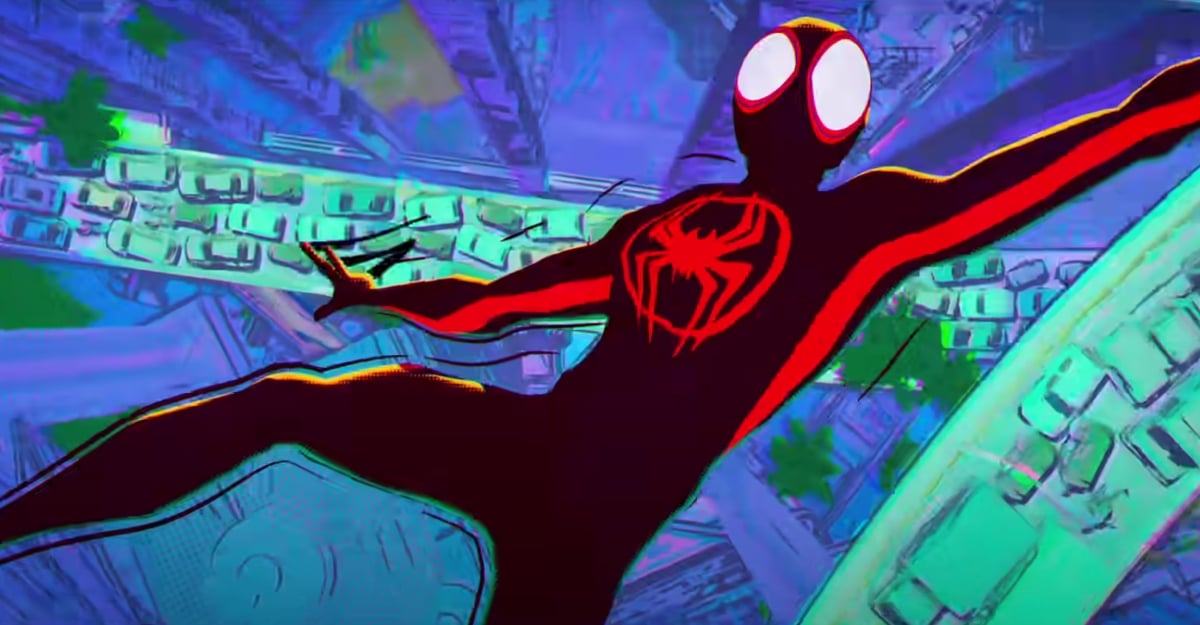Spider-Man: Across the Spider-Verse is now in theaters, arriving on a gigantic wave of hype and boasting an impressive 95 percent positive score on Rotten Tomatoes. Reviews almost universally praise its hyper-kinetic visual style, dubbing it one of the most dazzling animated movies in years and concluding that it pushes the boundaries further than 2018’s Into the Spider-Verse.
But photosensitive fans may feel like they’re being left out in the cold. The BFI is warning as follows:
“This film contains a sequence of flashing lights which might affect customers who are susceptible to photosensitive epilepsy.”
So, to put it bluntly, is Across the Spider-Verse going to give some viewers seizures? We’ll find out over the weekend, though looking back at the reactions to Into the Spider-Verse may give us an idea of how this might go down.
“Made me super sick and gave me a pounding headache”

Into the Spider-Verse, particularly the climactic final battle against Kingpin, seems to have a visual overload that was too much, not just for viewers with epilepsy. A post on Tumblr’s Movie Health Community reveals one experience with the movie, saying:
“I was recently diagnosed with epilepsy and went into this movie with no real warning. In only about ten days on my meds and I can already tell I’m going to have a seizure tonight. I have chronic complex migraines as well, which significantly increases my risk of stroke. Please, please, PLEASE do not go see this movie in the theatres if you are photosensitive, have sensory issues (the amount of colour saturation and glitch sound effects was a lot for me to handle), epilepsy, or anything of the kind. I’m very grateful I didn’t drive to see it because I wouldn’t have been able to make it home. I was literally having trouble walking in a straight line after getting out of the theatre, and I don’t drink.”
A comment to that piece reports what may have been an actual seizure taking place during a screening:
“I started choking on a jawbreaker during this movie. My friends were terrified. Not only do these movies make things so hard but the people at the theatres are never any help at all. We are not sure whether it was seizure related but it happened right at the big fight scene (though no one noticed I was struggling till after the movie was over).”
Over on Reddit’s r/epilepsy, posters were warning each other not to see the movie:
“I just saw Into the Spiderverse. The entire movie is non-stop strobes even the credits. I’m still severely disoriented even an hour and a half afterwards however, I feel the need to warn this community before putting my phone down. Please for your safety, really think twice before going to see this movie. … I highly recommend staying away from this movie for your and your family’s safety. It’s not worth the risk.”
If the reviews are correct and Across the Spider-Verse is even more visually intense than before, then it seems inevitable we’ll see a repeat of these kinds of stories over the weekend.
Worth the risk?

Deciding whether or not to see Across the Spider-Verse is ultimately a personal decision for those with epilepsy and photosensitive/sensory conditions. Fortunately at least some theater chains are now explicitly warning that this movie is particularly visually intense in advance, though many people may miss a small sign posted near the front of the auditorium.
But some at least have already decided they’re not going to take the chance:
A huge part of Across the Spider-Verse‘s artistic identity is bound up in these maximalist, eyeball-scorching visuals and the majority of viewers will spend two hours plus with their jaws on the floor at what the movie is delivering. That said, it’s not fair that those with photosensitive conditions are essentially locked out of enjoying what’s looking to be one of the best films of the summer.
Could there be an argument for an alternative visually toned-down cut of the Across the Spider-Verse designed to be accessible for anyone with photosensitive conditions? Any such release would inevitably be met with a backlash of its own for compromising the directors’ artistic vision (that’s if it would even be practical to make at all after production is complete) though at least it’d let the 5-20% of people with some form of photosensitivity issue see the movie without having to worry about their health, or worse, suffering a seizure.
If you suffer from epilepsy you’re probably already well aware that seeing Across the Spider-Verse comes with at least some degree of risk, and it’s a little depressing that through no fault of their own many Spidey fans will feel locked out of what’s shaping up to be the best-reviewed superhero movie of the year.
Spider-Man: Across the Spider-Verse is now in theaters.

